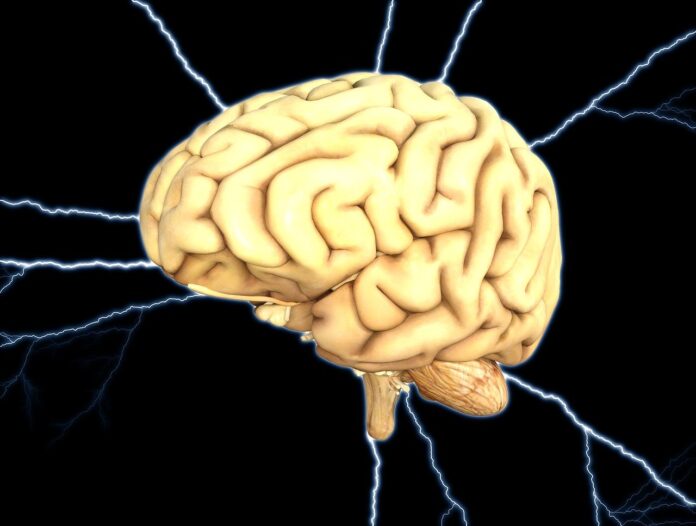Parkinson’s disease progresses slowly as the dopaminergic neurons inside a person’s brain degenerate and lose coordination. This condition is called akinesia and bradykinesia. A common diabetic medicine Glibenclamide is linked with improving symptoms of Parkinson’s disease. The complete study findings are published in the journal eNeuro.
Using the exiting medicines to treat diseases other than their intended purpose can be a revolutionary step in medical sciences. It is a well-known fact that Parkinson’s disease is much lesser common among diabetes type 2 patients. So understanding how alpha-synuclein changes brain neurons may open new therapies for treating Parkinson’s disease.
Parkinson’s disease is a brain-related disease that normally shows shaking of limbs, difficulty in walking, lack of brain-body coordination, and inability to maintain balance.
Also read- 5 Herbs In Kitchen for an Incredible Weight Loss
The common symptoms of Parkinson’s don’t show up abruptly in fact they are gradually shown over time. With time, the patients start to experience walking, grasping, and talking difficulties. They may also experience changes in their mental health, sleep cycle, and behavioral changes. Both men and women are likely to experience Parkinson’s disease after crossing 50.
The biggest risk factor for Parkinson’s patients is age. Most people develop Parkinson’s while aging. However, 5% to 10% of patients develop Parkinson’s symptoms even before reaching 50 years. This early onset of Parkinson’s is associated with inherent genetic factors and gene mutations.
Parkinsons usually hits a person when neurons in a certain part of the brain are damaged. This part of the brain controls the body’s movement and brain-to-body coordination for regulating movement. if the neurons are impaired or dead, they will not produce dopamine which eventually results in loss of balance and movement. there is still no known cause of what kills these neurons in the brain.
Surprisingly, these symptoms are not associated with Parkinson’s alone but may also show up in the case of some other disorders. Sometimes these other disorders are misdiagnosed as Parkinson’s but medical tests and the patient’s response to a treatment drug can help to diagnose him correctly. The non-genetic Parkinson cases cant be diagnosed with any test. Just based on the medical history, symptoms, and neurological examination, a doctor diagnoses a person with Parkinson’s disease.
Also read- Dysphagia During Eating can be a Sign of Lung Cancer
There is no treatment or cure for Parkinson’s disease. Although some medicines, surgeries, and combined therapies help to relieve Parkinson’s symptoms they don’t offer a 100% effective solution.
The typical treatment medicines for Parkinson’s disease include medicines that trigger dopamine production or other brain chemicals inside the brain. It may also include medicines that regulate nonmotor Parkinson’s symptoms.
If this diabetic medicine, Glibenclamide turned out to be helpful in Parkinson’s disease, it opens a new debate of using more already available medicine for treating Parkinson’s. Despite the fact that there is no permanent treatment of Parkinson’s available, this diverse treatment approach may lead to a better treatment strategy in the future.
In addition to this, various other therapies such as occupational therapy, behavioral therapy, speech therapy may also help to relieve parkinson’s symptoms. Health experts also focus on adopting a healthy diet and active lifestyle to strengthen the muscles and maintain the body balance in older years.




